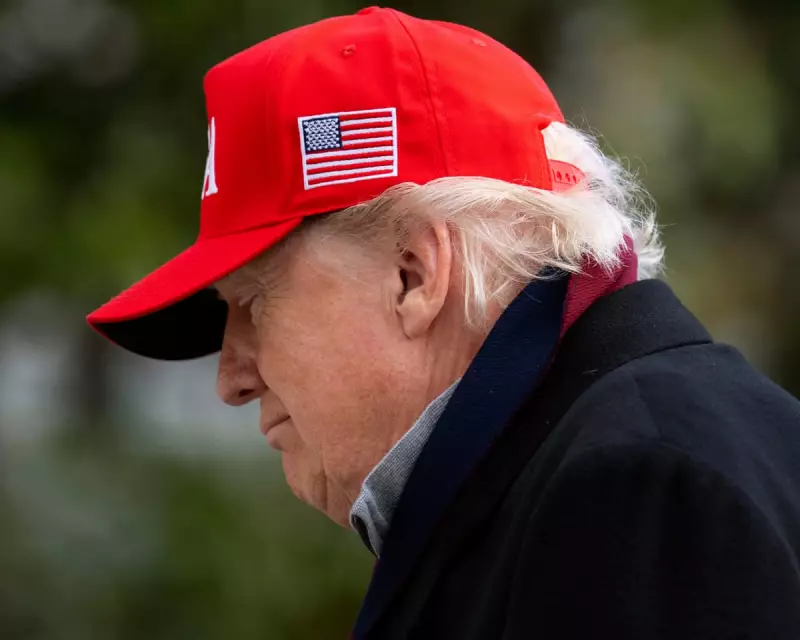
US President Donald Trump has publicly criticised Ukraine for showing what he called "zero gratitude" for American efforts to broker peace, even as evidence emerges that the proposed settlement was originally drafted by Moscow.
Controversial Peace Proposal Emerges
The diplomatic tensions unfolded on Sunday as American, Ukrainian and international negotiators gathered in Switzerland to discuss a 28-point peace plan that would require significant concessions from Kyiv to Moscow. The proposed agreement, which has sparked widespread concern among Western allies, would force Ukraine to hand over territory to Russia while accepting limitations on its military strength and abandoning ambitions to join NATO.
Polish President Donald Tusk raised serious questions about the proposal's origins, pointing to an apparent admission from US Secretary of State Marco Rubio that the text was initially drafted by Moscow. In a pointed social media statement, Tusk noted that European leaders alongside Canada and Japan stood ready to work on the proposal but emphasised the need to establish who exactly authored the plan and where it was created.
Russian Origins Revealed
Investigations into the document's background reveal it was drawn up by Kirill Dmitriev, Vladimir Putin's envoy, in collaboration with Trump's special representative Steve Witkoff. Linguistic analysis suggests the plan may have been originally written in Russian before being translated into English, further supporting claims of its Moscow origins.
A group of US senators disclosed that Rubio had informed them the text was not an American creation but rather a Russian document deliberately leaked by Moscow, which the US subsequently passed to Ukraine. Rubio later attempted to clarify the situation by insisting the US did "author" the proposal while acknowledging "input" from both Russia and Ukraine.
Amid the contradictory statements and backlash from Republican senators, Trump appeared to retreat from his earlier demand that Ukrainian President Volodymyr Zelenskyy sign the agreement by this Thursday. Speaking in Washington, the US president described it as "not my final offer", suggesting potential for significant changes to the controversial proposal.
International Backlash and Diplomatic Maneuvering
European leaders have made clear their opposition to the Moscow-drafted demands endorsed by Trump. European Commission President Ursula von der Leyen stated unequivocally that Ukraine's borders cannot be changed by force and warned that capping the country's armed forces would leave it vulnerable to future attacks.
Germany's Chancellor Friedrich Merz expressed scepticism about reaching an agreement this week given the "current differences" between parties. One western ambassador revealed that European leaders plan to publicly praise Trump's peacekeeping efforts while quietly working to "rewrite" the plan and "make it sensible" behind the scenes.
The coordinated European pushback highlights concerns that the current draft severely curtails Ukraine's sovereignty by ruling out NATO membership and setting conditions for European Union accession. Officials argue that accepting the proposal would set a dangerous global precedent while eliminating possibilities for western peacekeeping forces in Ukraine and restricting NATO aircraft deployments.
As diplomatic efforts continue, a US official indicated that nothing will be agreed until Trump and Zelenskyy meet directly, leaving the controversial peace plan in a state of uncertainty despite the pressing Thursday deadline that now appears to have been extended.





